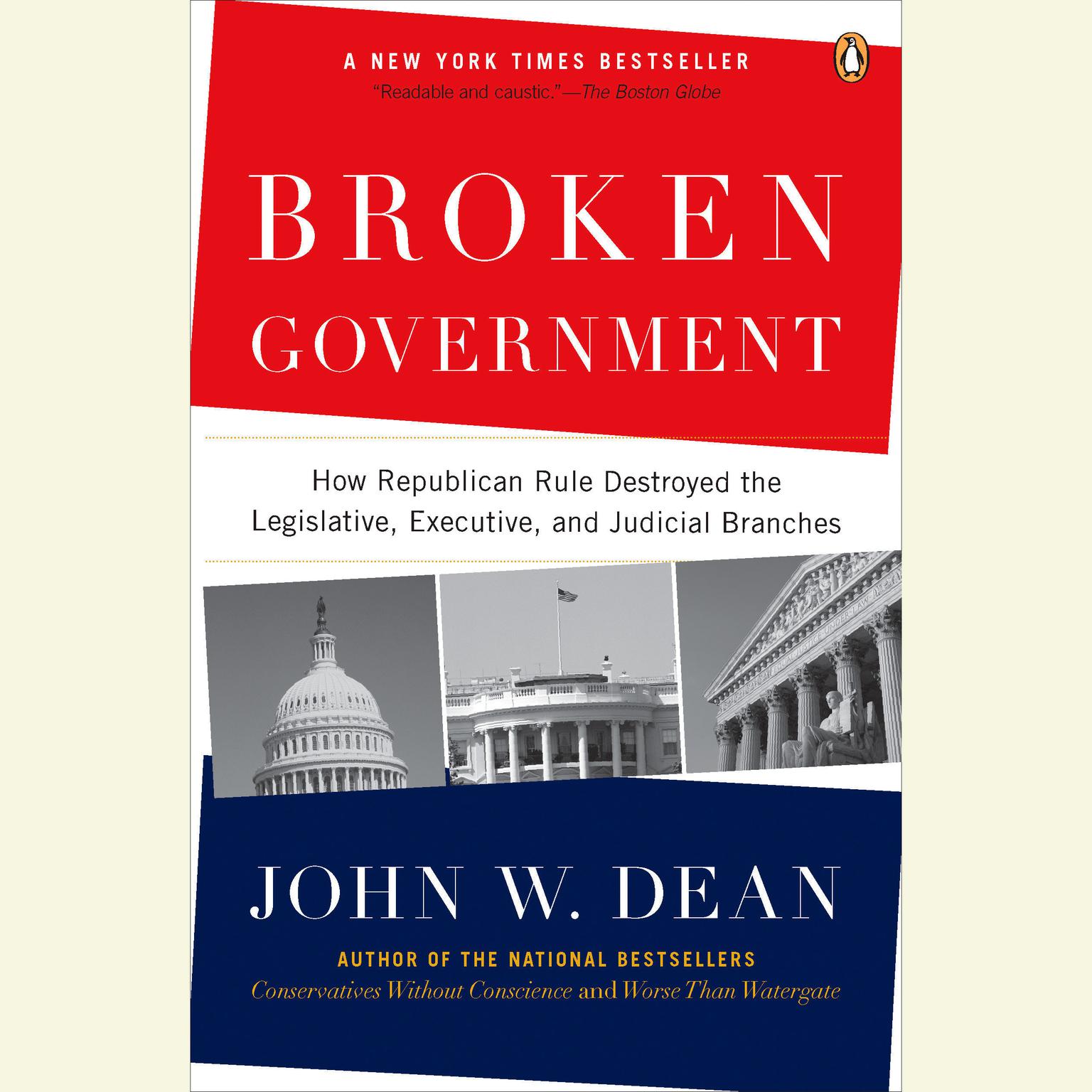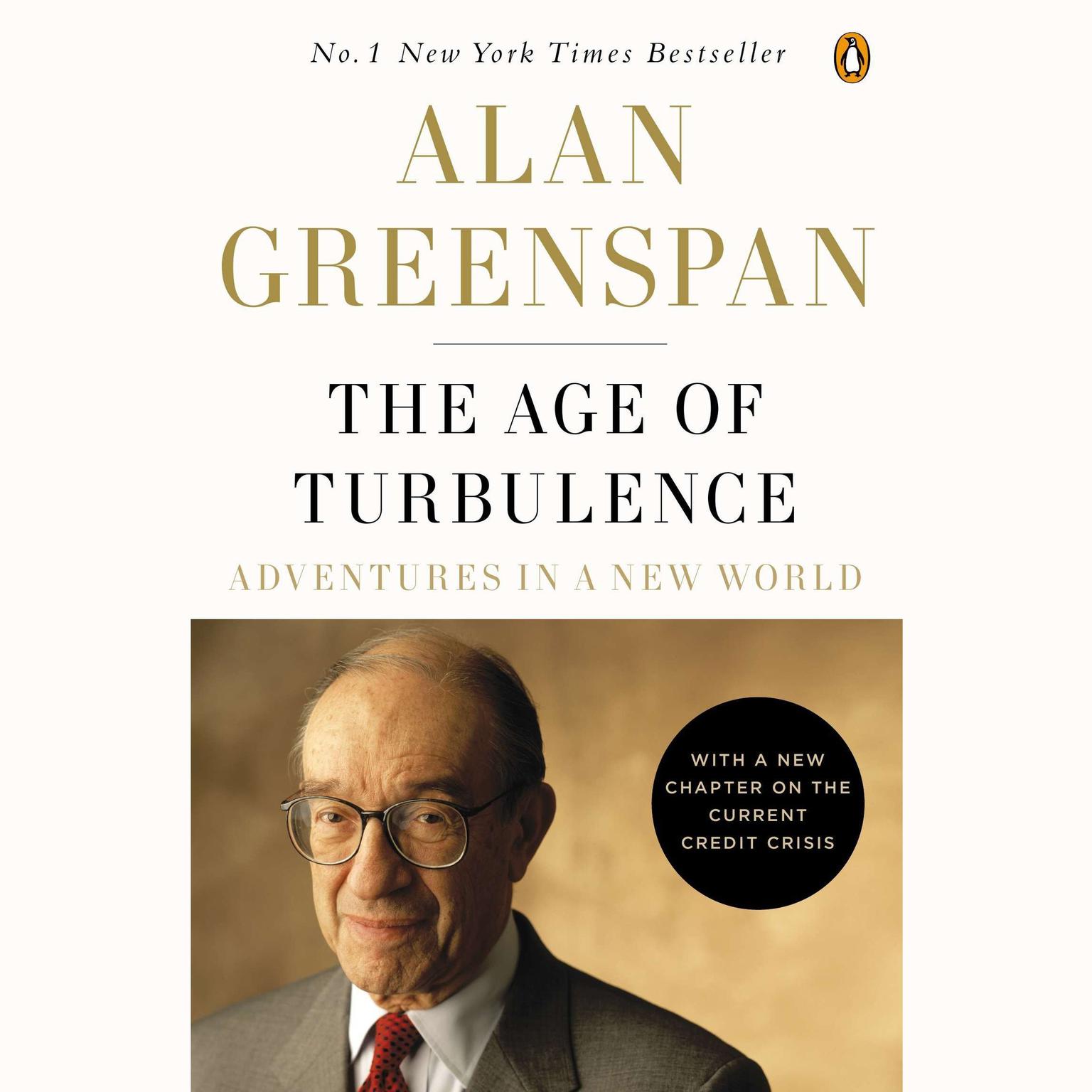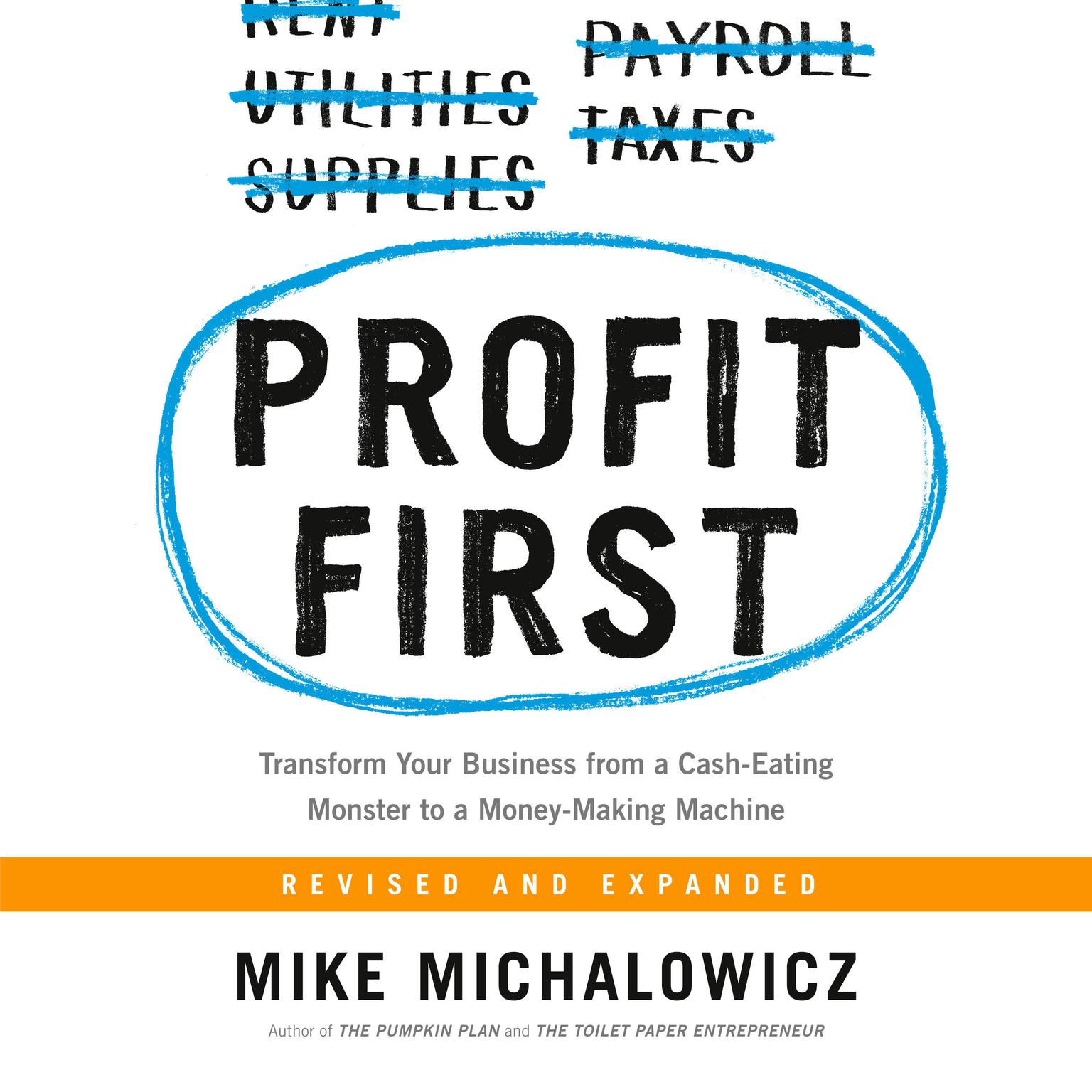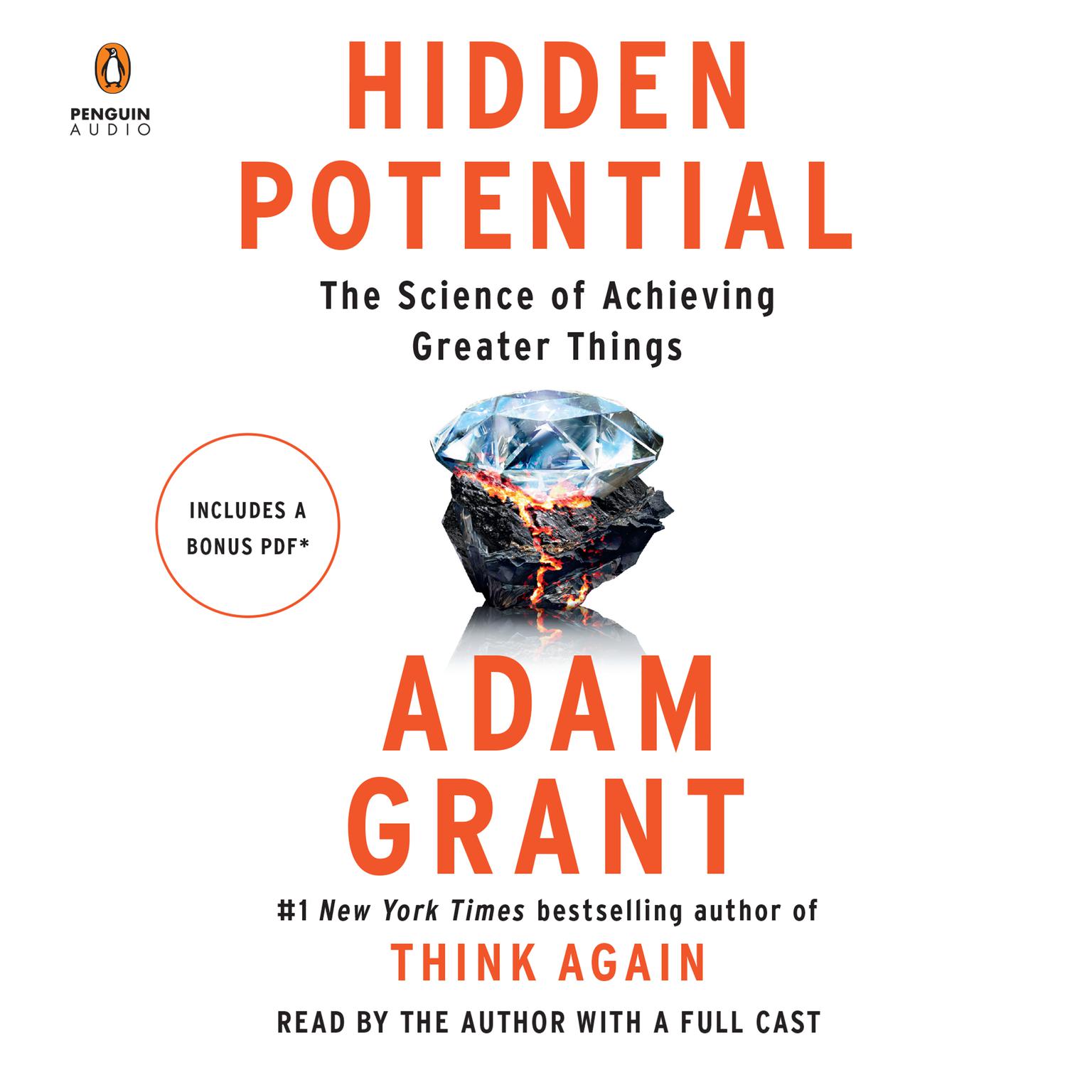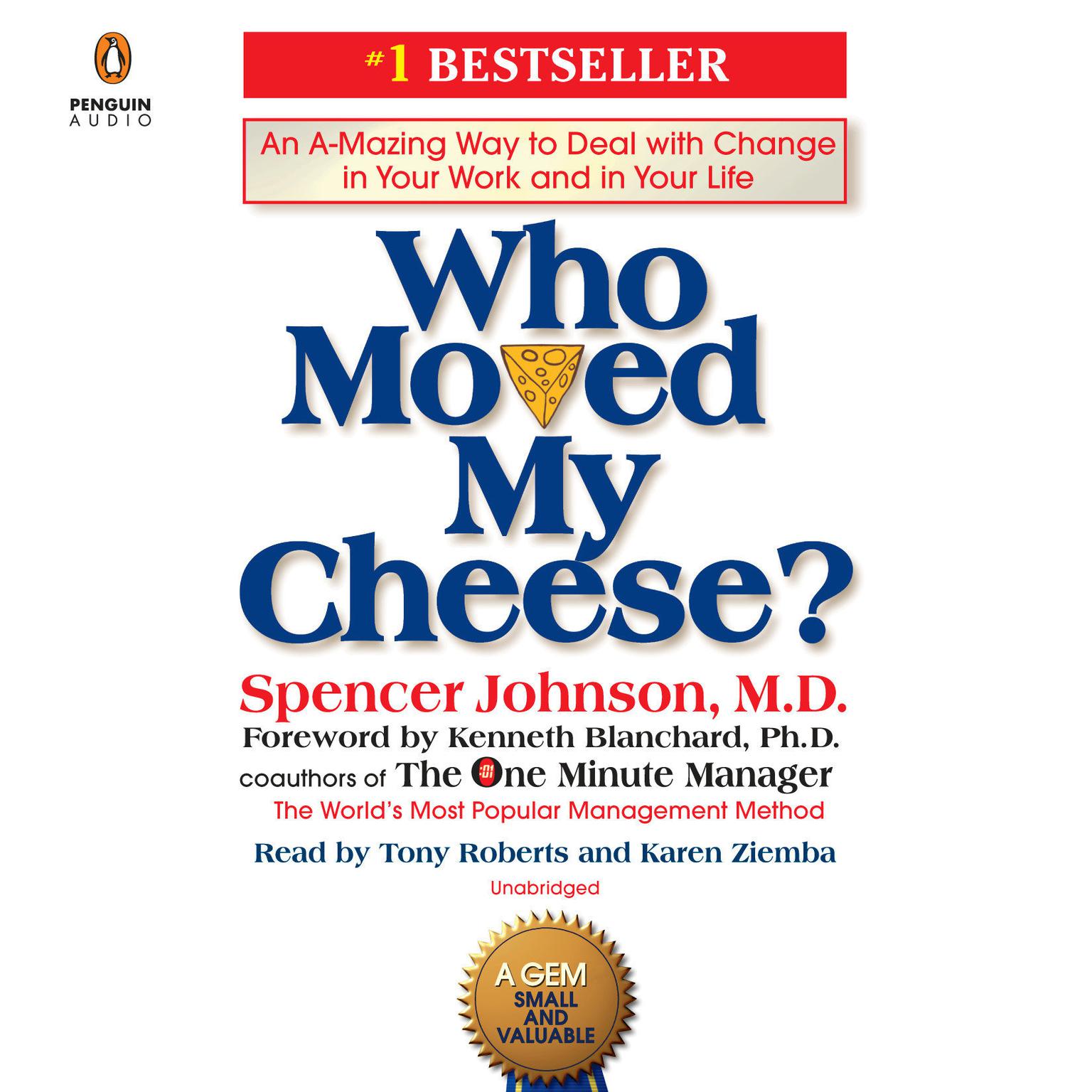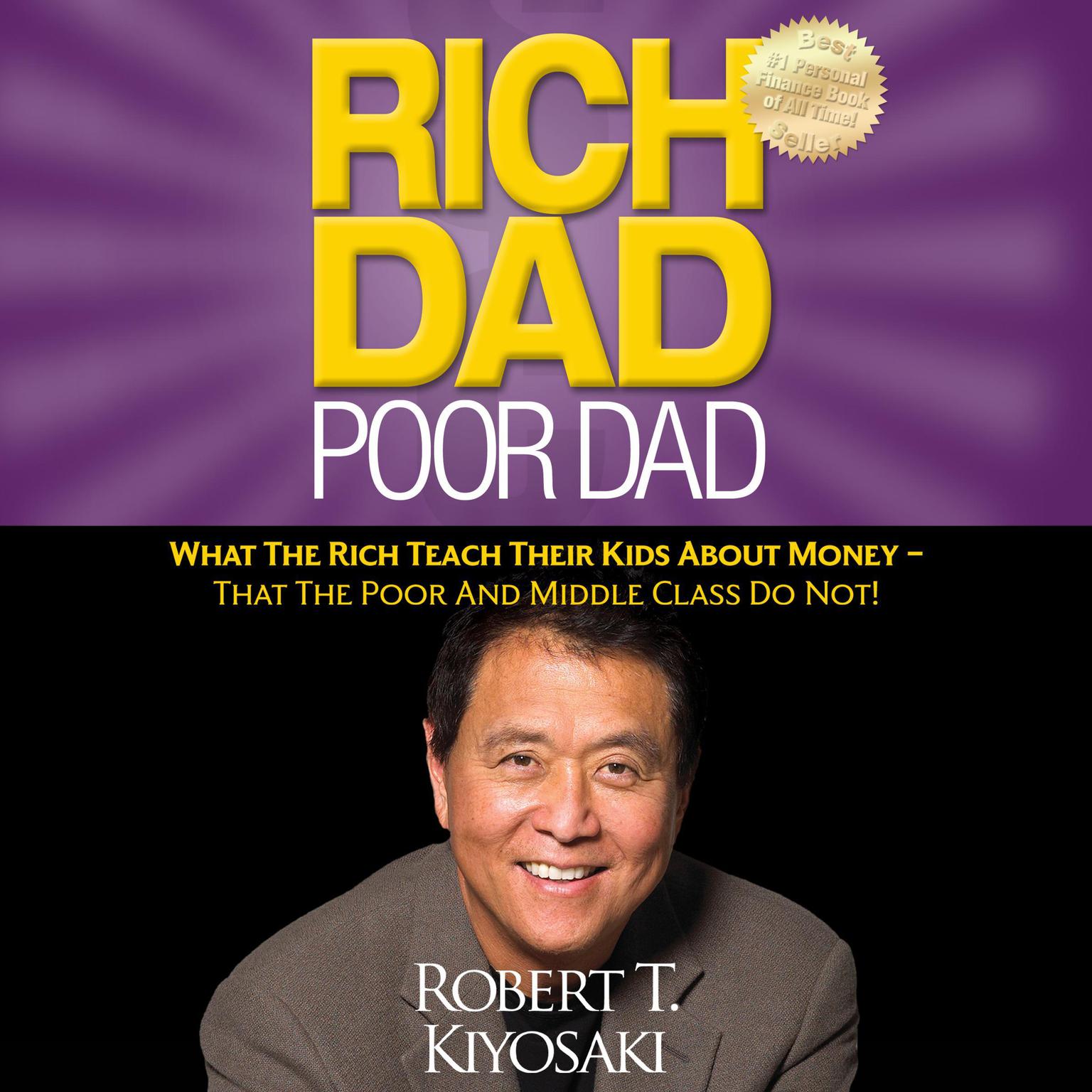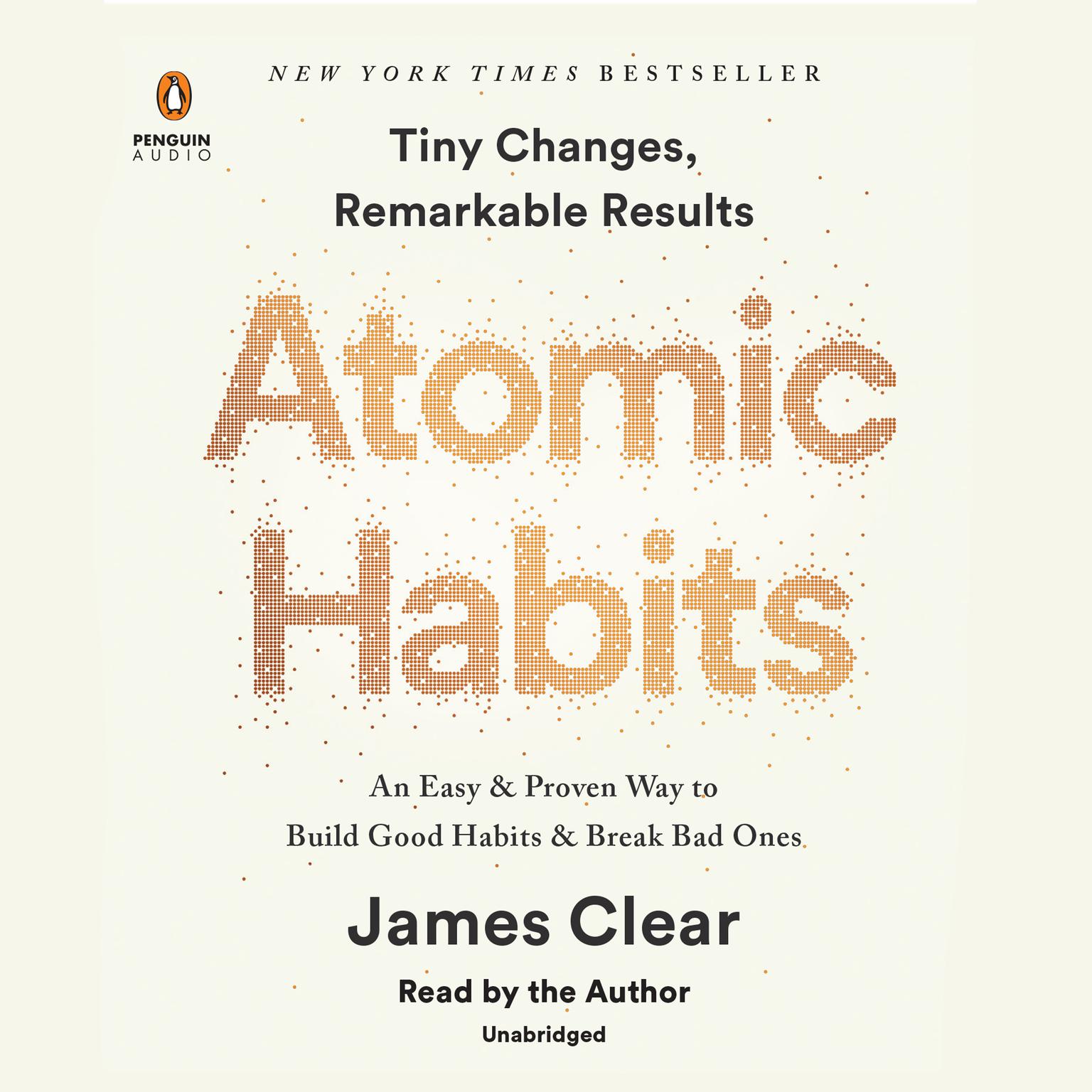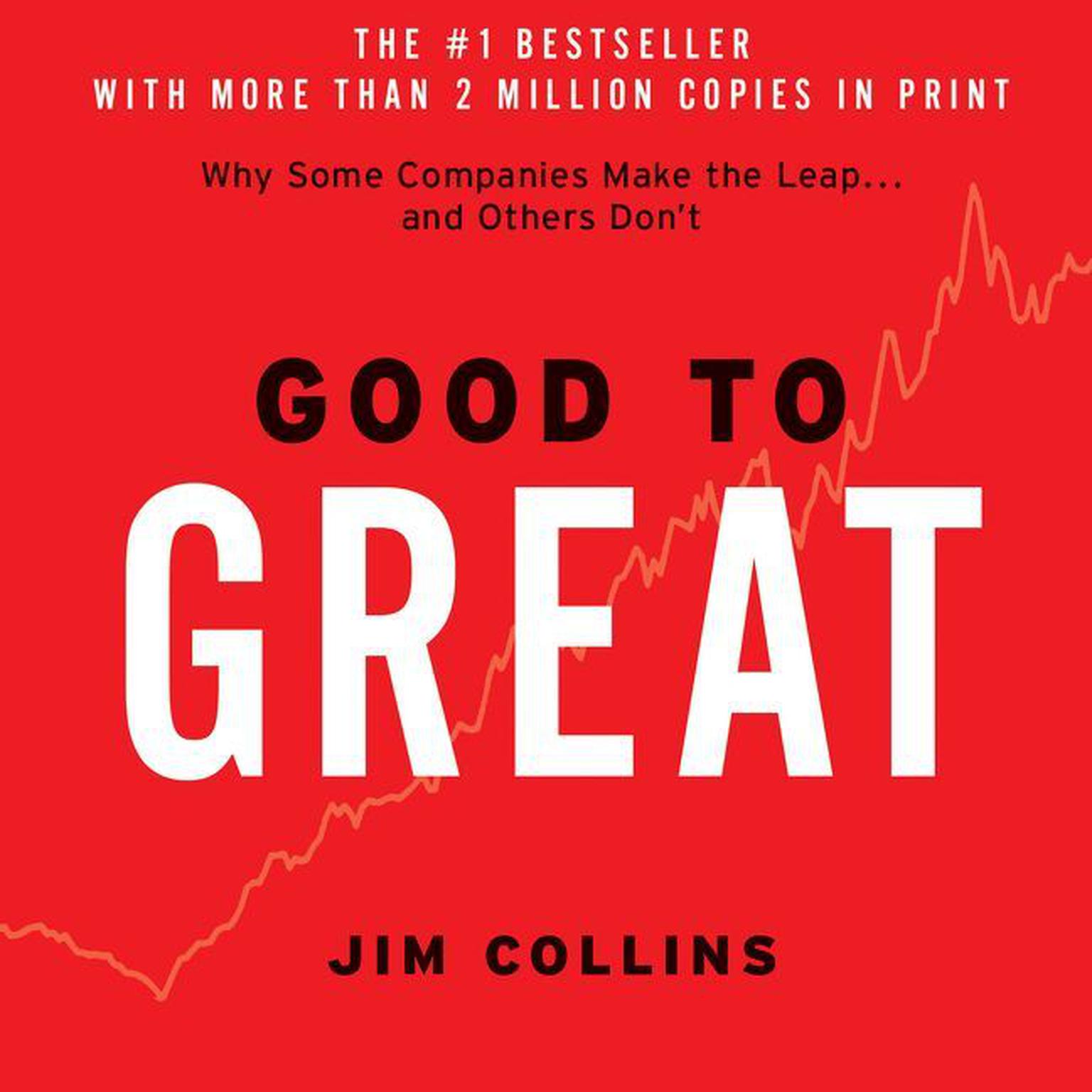Publisher Description
Since the 1970s, and notwithstanding three recessions, the U.S. economy has soared. Consumers have been treated to a vast array of new products, while the prices of standard goods and services have declined. Companies have also become far more efficient and the stock market has surged. In short, American capitalism has been a triumph, and it has spread throughout the world.
At the same time, argues former secretary of labor Robert B. Reich, the effectiveness of democracy in America has declined. It has grown less responsive to the citizenry, and people are feeling more and more helpless as a result. In Supercapitalism, Reich discusses how capitalism has spilled over into politics, how it threatens democracy, and how citizens both benefit from and lose out because of supercapitalism.
Download and start listening now!
“I picked this up on a whim… I like Reich’s writing even though I don’t always agree with him. Unsurprisingly, this is a well-written book, but it seems a little under-cooked to me. His thesis is that the global shift from one mode of capitalism to another (democratic capitalism to “supercapitalism”) since the 1970s is essentially caused by structural or technological developments rather than political or moral movements. New technologies have empowered us as consumers and investors, which has inadvertently weakened us as citizens and wage-earners. The intense pressure applied to corporate management under “supercapitalism” to increase their profits or be replaced means that they have become entirely amoral. It has also weakened democracy and wage stability/security by the systematic application of corporate power on “democratic” law-making. To Reich, any talk of socially-responsible for-profit corporations is a distraction from addressing the core problem of legally re-empowering citizens and wage-earners and protecting democracy from the natural (not conspiratorial or nefarious) spill-over of the collective corporate influence under “supercapitalism.”
This all makes a fair amount of sense to me, although, as always, I want to assert at times that “it’s more complicated than that.” My key complaint is that his solutions would often increase collective corporate influence as much as they would decrease it… and some of them are non-sensical. This is where it gets undercooked. Want to kill of the corporate income tax and replace it with a tax on earnings assessed as personal income of the shareholders as it is done with S-Corporations? Guess what… most people won’t understand what the hell you’re talking about, corporations will seize the simple part (end corporate taxes) and they’ll lose a fetter on their influence. Want to end people’s complaints about socially irresponsible corporations and replace it with regulations that will make social irresponsibility illegal? Fine, but first lets put in regulations, then lets stop applying so much moral pressure and focus on legal pressure. Want to end criminal prosecution of corporations and end extraordinary punitive damages because corporations aren’t real people and don’t have mens rea? Guess who that will privilege? Want to deny corporations standing to sue? That’s nice, (actually it’s not nice, it’s silly, many contracts would become worthless for one thing) but it won’t get anywhere.
The main thing I left the book with was a sense that I’d like to turn the field of law and economics on its head… focus on the effect of economic activity on the democratic-ness of law instead of focusing on the economic efficiency of regulation. There’s probably a lot of political science that’s on point, but may need translation in order to directly serve as a counter-point to the right-wing tendencies of the law and economics field. If I were going to go anywhere with this idea, I’d go with Prof. Ugo Mattei. Maybe one day.”
—
Jens (4 out of 5 stars)

